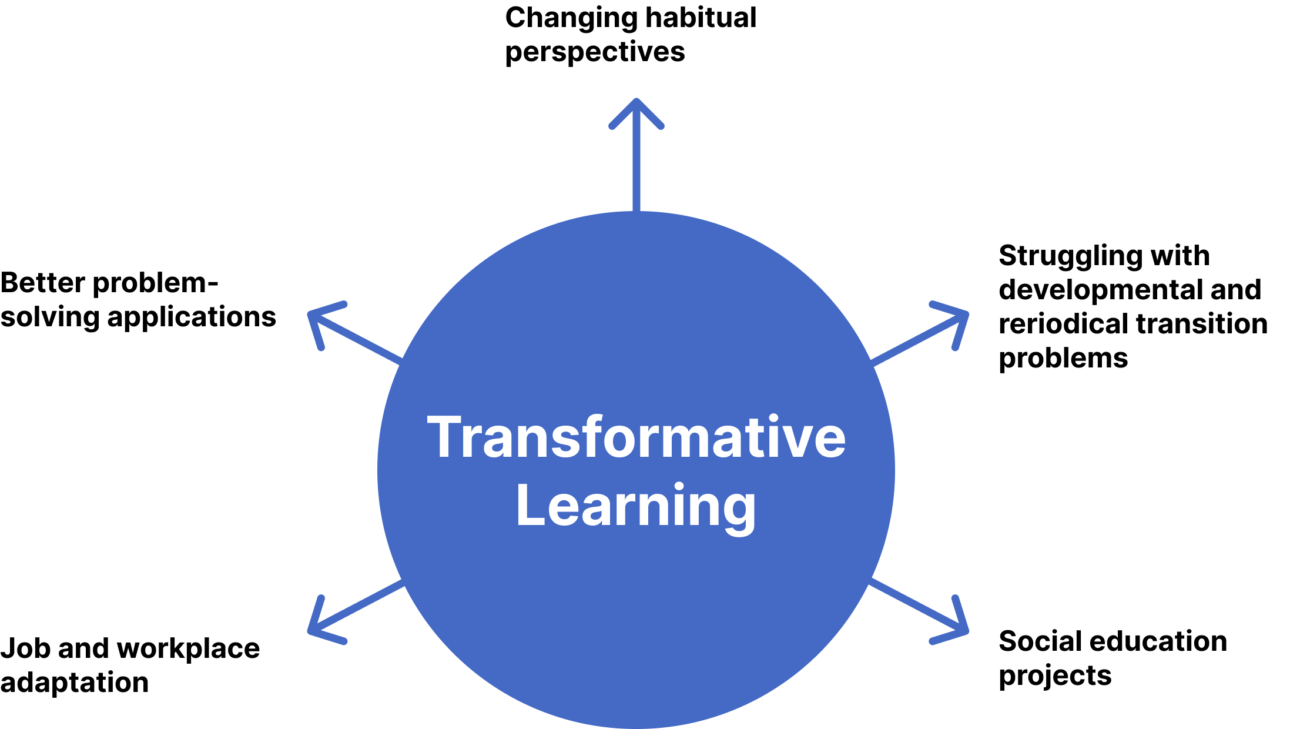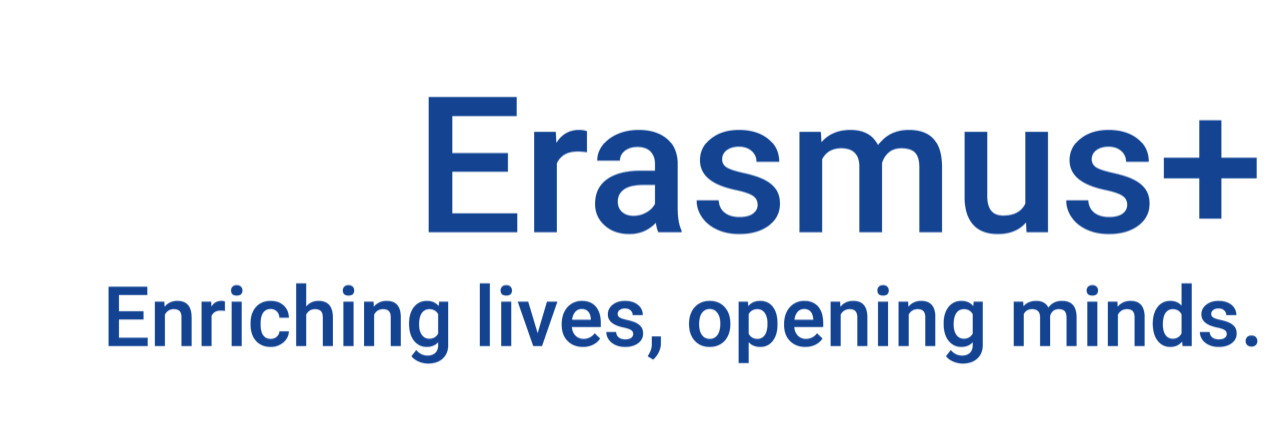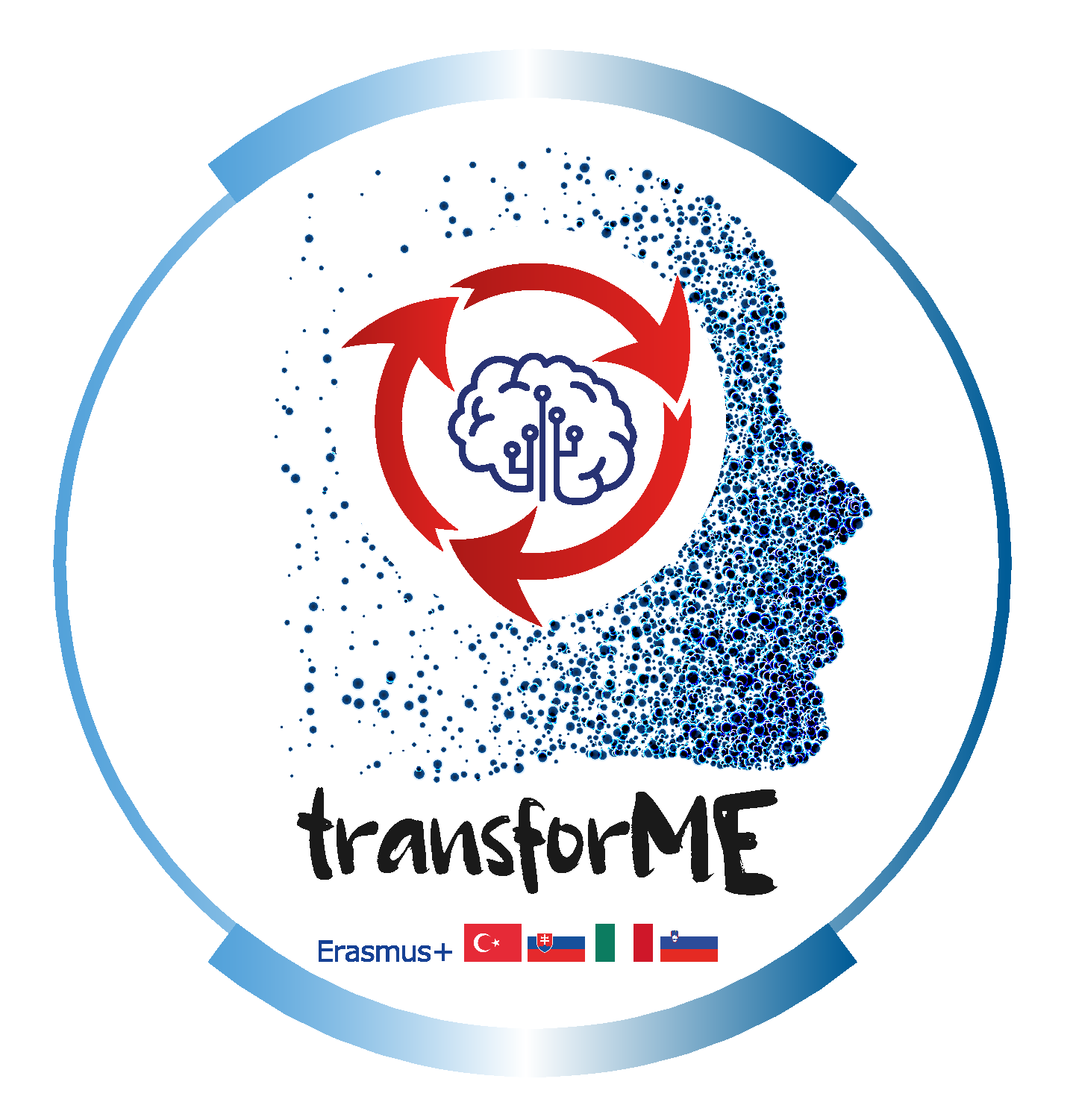What is Transformative Learning?
Transformative learning is the expansion of consciousness through which an individual can question themselves about their own feelings, beliefs, assumptions, and perspective on their purpose. It involves the process of deep, constructive, and meaningful learning that goes beyond simple knowledge acquisition and supports critical ways in which learners consciously make meaning of their lives
Individuals who are undergoing such a transformative process are believed to completely rewire and transform their beliefs, assumptions, and experiences into brand new expressive perspectives.
As a theory, transformative learning is an act that individuals conduct in order to be more self-motivated, self-governing, rational, collaborative, and empathetic.
Transformational learning often leads to profound changes in a person‘s thoughts, feelings, perspectives, beliefs, and behaviors because it is a radical shift of consciousness that permanently alters the way of being in the world.
Benefits of transformative learning

Mezirow's transformative learning theory
- Mezirow’s transformative learning is defined as “an orientation which holds that the way learners interpret and reinterpret their sense experience is central to making meaning and hence learning.” Put in simple terms, transformative learning is the idea that learners who are getting new information are also evaluating their past ideas and understanding, and are shifting their very worldview as they obtain new information and through critical reflection. It goes beyond simply acquiring knowledge, and dives into the way that learners find meaning in their lives and understanding. This kind of learning experience involves a fundamental change in our perceptions—learners start to question all the things they knew or thought before and examine things from new perspectives in order to make room for new insights and information. Many learners and experts agree that this kind of learning leads to true freedom of thought and understanding.
- Mezirow says that transformative learning has two basic focuses—instrumental learning and communicative learning. Instrumental learning focuses on task-oriented problem solving, and evaluation of cause and effect relationships. Communicative learning focuses on how people communicate their feelings, needs, and desires. Both of these elements are important in transformative learning—students need to be able to focus on different types of their understanding and view new perspectives that are both logical and emotional in order to challenge their previous understanding.
- Meaning schemes or meaning structures are another important element of the transformative theory and transformational learning according to Mezirow. Perspectives and meaning schemes two major elements of meaning structures, and are our predispositions and assumptions, which set the state for our expectations. A meaning structure is basically the concepts, beliefs, judgments, and feelings that shape an interpretation of information. Students are able to understand their meaning structure through self-reflection, self-directed learning, and critical theory. They are able to critique their assumptions to understand if what they understood as a child still holds true now that they are an adult. We are thereby able to understand ourselves, and our learning better. The understanding of our past perspective and the ability to look at new structures and perspectives are key to the transformative learning theory.
TransforME
“The European Commission support for the production of this publication does not constitute an endorsement of the contents which reflects the views only of the authors, and the Commission cannot be held responsible for any use which may be made of the information contained therein.”



